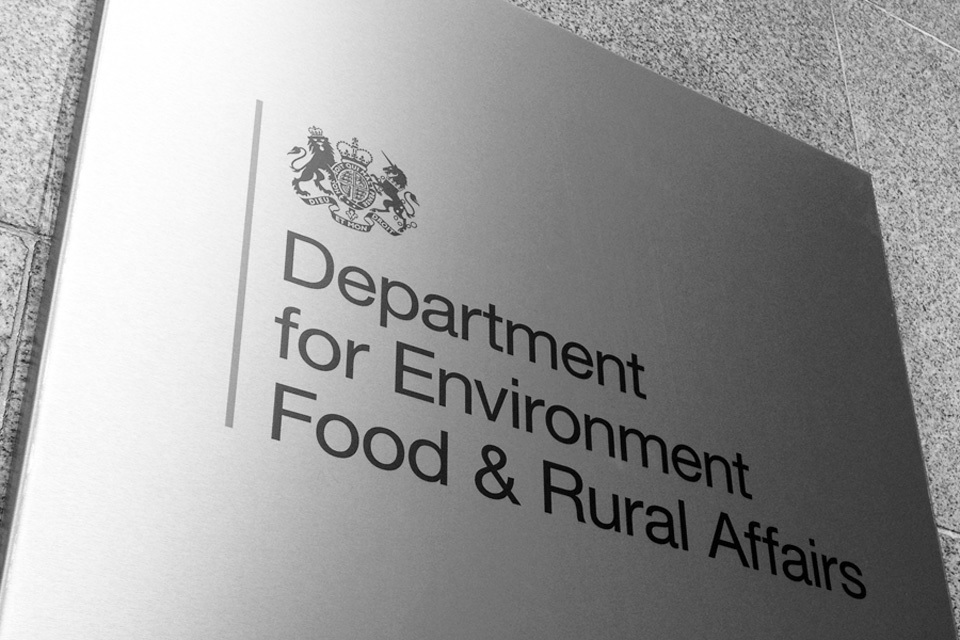
Experts can now apply to advise Defra on new ways to finance innovation within agriculture, including the possibility of a dedicated fund.
It has today (13 May) launched a new expert advisory group to explore possible routes to generate commercial returns for the taxpayer from R&D and innovation spending, including through a potential new fund.
It is inviting leading experts in academia, business and finance to apply to join the group, which will explore how to best deliver funding to support innovative projects while increasing value for money for the taxpayer.
Those appointed will look at a range of potential financing mechanisms, including a new dedicated fund supporting ground-breaking initiatives in the agri-tech and environmental sectors.
Other arrangements could include joint ventures, revenue sharing arrangements, and the licensing of intellectual property to maximise the benefits of Defra's agricultural and environmental R&D and innovation spending.
Defra Secretary Steve Barclay said: “Science and technology are fundamental to strengthening our food security, enhancing nature and protecting our environment.
“From new technologies driving more productive and sustainable farming to maps and models for managing invasive species, research and development has the potential to transform the way we manage our land and feed our nation.
“We are now recruiting for a specialist advisory group to explore options for a more commercial approach to Defra’s R&D and innovation funding, from revenue sharing to setting up a dedicated new fund for innovation whilst offering the taxpayer a return on their investment.
“I encourage anyone with expertise in the fields of finance, venture capital, intellectual property and innovation to apply.”
Defra’s R&D budget supports the development of new technologies and innovation, often via grants.
However, organisations can face challenges accessing finance for scaling up and commercialising their products or services, causing them to miss commercial opportunities or lose out to international competition.
The new advisory group will explore how Defra can support innovators to overcome barriers such as these, whilst examining how taxpayers could benefit from a share in their commercial success, where this has resulted from public funding.
A chair and seven members will be appointed ahead of an inaugural meeting later this year and an expected committee duration of three months.
The deadline to apply for the roles is 3 June.
